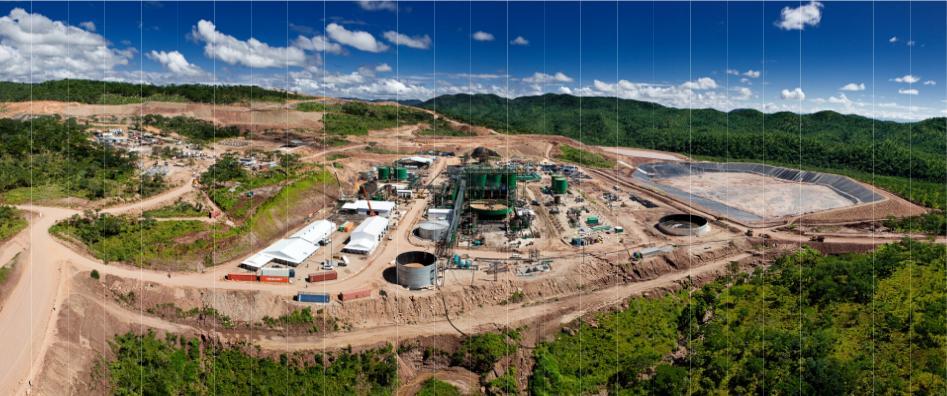Africa-Press – Malawi. Malawi’s dormant Kayelekera Uranium Mine is powering back to life with a MK350 billion (US$200 million) investment from Australian firm Lotus Resources—positioning the country at the centre of a global nuclear energy revival.
Closed since 2014, the mine is set to restart in Q3 2025 as demand for clean, stable energy surges. Nuclear power—once sidelined—is now being re-evaluated as a zero-emission alternative to fossil fuels, especially as renewables struggle with reliability.
“Kayelekera is a world-class asset,” Lotus told investors at this week’s Macquarie Australia Conference. “It’s key to the global energy transition.”
At COP28 in 2023, 22 countries pledged to triple nuclear power by 2050. That figure rose to 31 by 2024, and utilities are scrambling for uranium. Prices have more than doubled since 2020.
Once one of Malawi’s biggest exporters, the mine previously produced 1,000+ tonnes of uranium per year. Now, with infrastructure already in place, it has a major head start.
Lotus has already inked deals to sell up to 3.8 million pounds of uranium oxide to four buyers—including U.S.-based PSEG Nuclear—between 2026 and 2029. All contracts are tied to market prices, shielding Lotus from volatility.
With over US$200 million in sunk infrastructure and an additional US$38.5 million raised since 2022, Kayelekera is one of Africa’s most restart-ready uranium projects.
Over 90% of its original workforce was Malawian, and the company says local hiring remains a priority.
In May 2025, Malawi’s Atomic Energy Regulatory Authority conditionally approved the restart. The catch: strict environmental monitoring and community consultation must continue.
But civil society groups are pushing for more. Activists from the Natural Resources Justice Network warn of radiation risks, waste management concerns, and lack of community benefit-sharing. They demand full transparency before operations ramp up.
While the uranium will not power Malawi’s grid, the economic ripple effects—if well-managed—could be significant in a country where just 15% have electricity access.
For More News And Analysis About Malawi Follow Africa-Press






